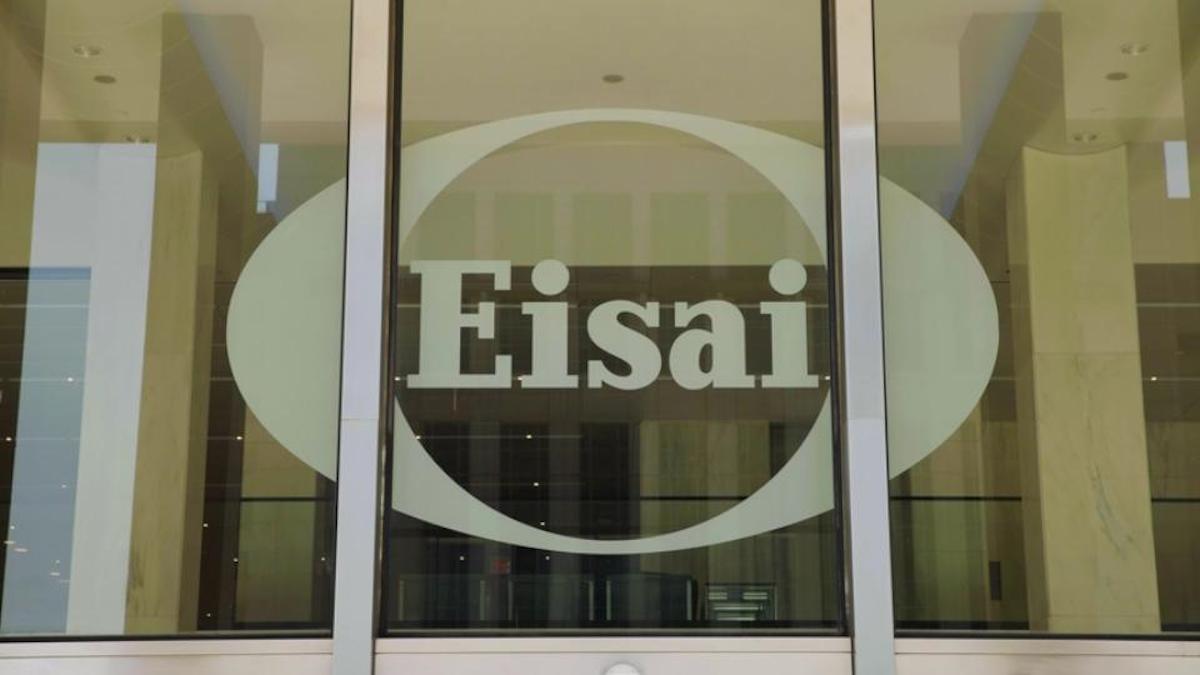Phase 3 setbacks mar Eisai, Merck’s cancer alliance

Two late-stage trials combining Merck & Co’s cancer immunotherapy Keytruda with Eisai’s targeted cancer drug Lenvima have generated disappointing results in hard-to-treat skin and colorectal cancer (CRC).
PD-1 inhibitor Keytruda (pembrolizumab) and multikinase inhibitor Lenvima (lenvatinib) have already been approved for some forms of endometrial cancer, as well as for first-line treatment of renal cell carcinoma – the most common form of kidney cancer – but efforts to extend use of the regimen have hit a hurdle.
First up, the 674-patient LEAP-003 study, which was comparing Keytruda plus Lenvima to Keytruda plus placebo as a first-line treatment for adults with unresectable or metastatic melanoma, showed encouraging, statistically significant improvement in progression-free survival (PFS) at an interim readout.
Fast forward to now, and the study has been discontinued on the advice of its independent data monitoring committee, on the grounds that the combination failed to improve overall survival – the gold standard for efficacy in cancer trials – compared to Keytruda alone.
The second disappointing outcome comes from the 480-patient LEAP-017 study, comparing Keytruda/Lenvima with standard of care with either Bayer’s Stivarga (regorafenib) or a generic, or Taiho Oncology’s Lonsurf (trifluridine and tipiracil), in metastatic CRC patients whose disease has progressed despite earlier, systemic treatment.
The study found a trend towards improved OS with the dual regimen compared to regorafenib or Lonsurf, but the difference was not statistically significant. Despite trends towards improved PFS, the overall response rate and the duration of response, the decision was taken to abandon the study.
“With the LEAP-003 and LEAP-017 trials, we set out to help improve outcomes for patients with two difficult-to-treat advanced cancers, melanoma and CRC,” said Corina Dutcus, Eisai Inc’s head of clinical development, oncology. “While these results are different from our initial expectation, insights from both studies will help contribute to our understanding of Keytruda plus Lenvima.”
Merck and Eisai started investigating the combination of Keytruda with Lenvima several years ago, firming up the collaboration into an alliance in 2018, which gave Merck rights to half Lenvima’s global sales, while Eisai was in line for $5.8 billion in milestones, mainly tied to commercial performance.
The regulatory approvals for the combination have helped sales of Lenvima to grow strongly – Merck booked $876 million from the drug last year in alliance revenue, a 24% increase on the prior year.
The failed trials undermine the partners’ hopes for further buoyant growth, and this is not the first time that the duo has stumbled in clinical testing.
Last year, the combination of Keytruda and Lenvima was unable to improve on Lenvima alone in the LEAP-002 trial in newly-diagnosed liver cancer, having been turned down for accelerated approval in this indication in 2020.












